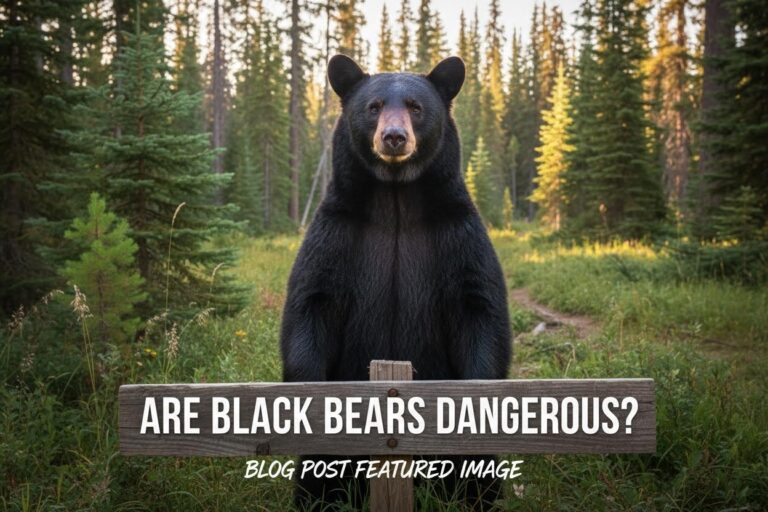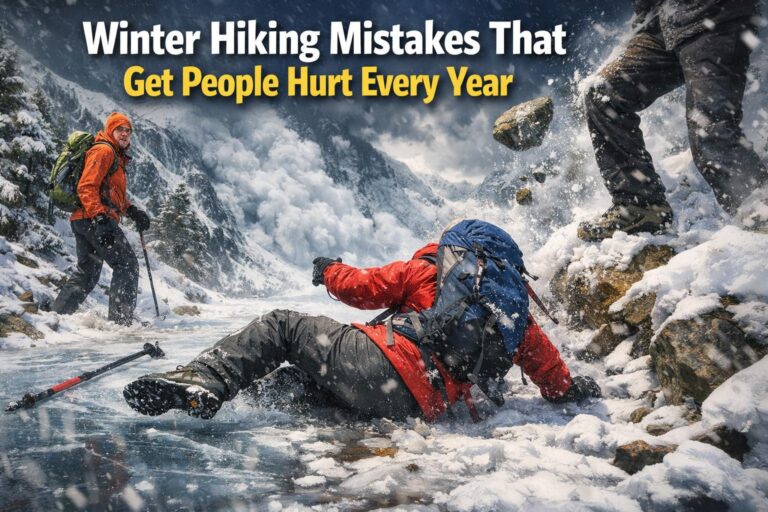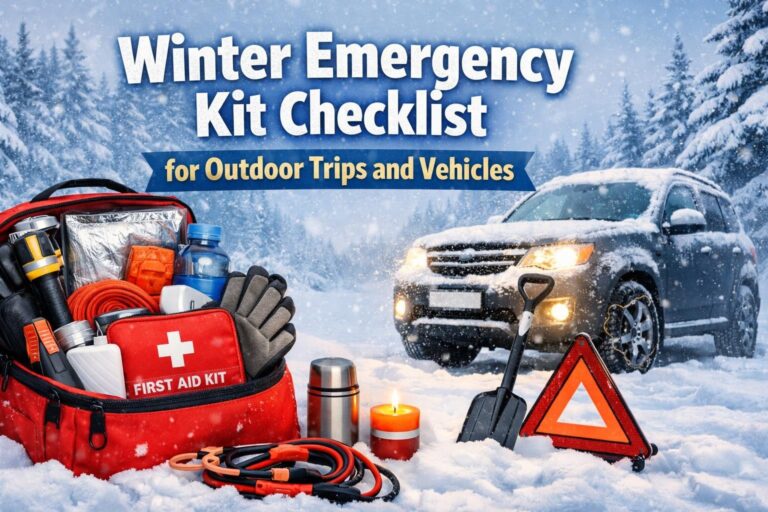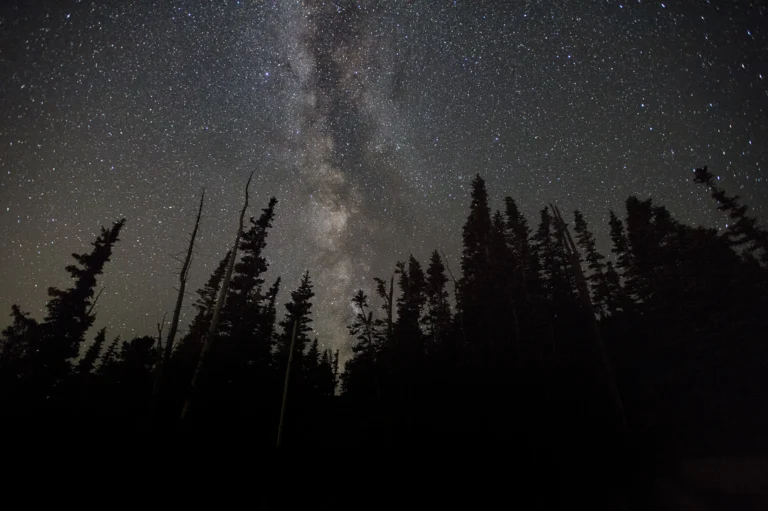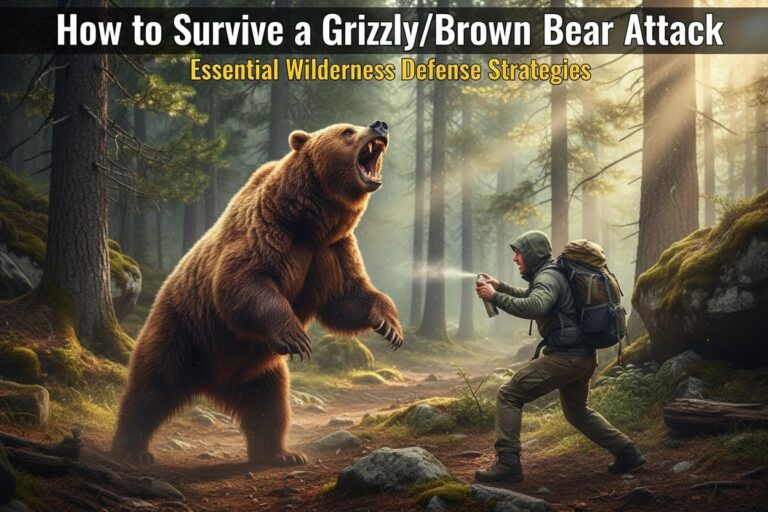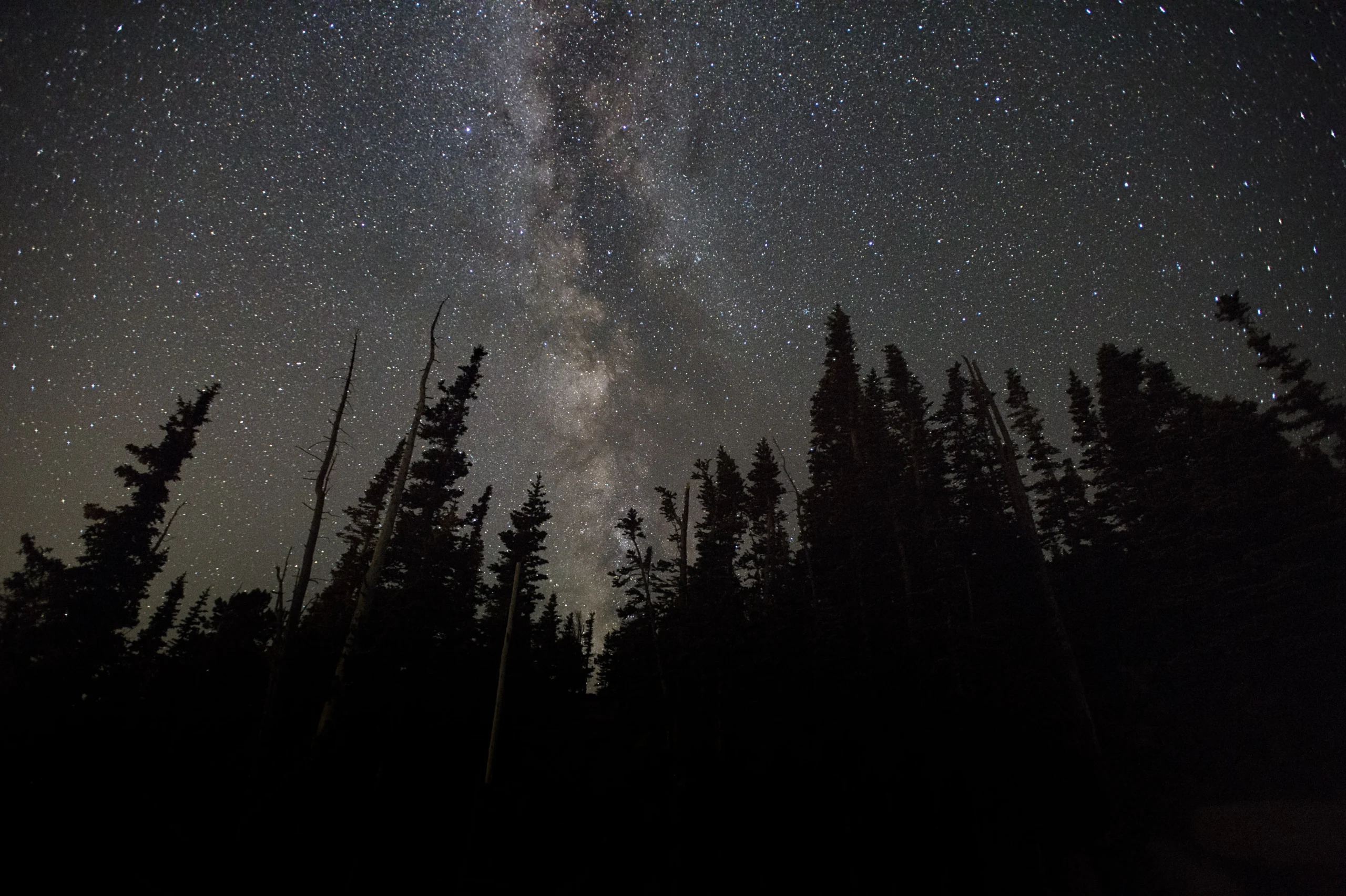
Camping is a wonderful way to connect with nature, unplug from the daily grind, and spend quality time with friends and family. However, it’s crucial to prioritize safety to ensure that your camping trip is enjoyable and incident-free. In this comprehensive guide, we’ll share essential camping safety tips to help you stay safe while exploring the great outdoors.
1. Why Is Camping Safety Important?
Camping safety is paramount for several reasons:
- It helps prevent accidents and injuries
- It ensures a positive and enjoyable camping experience
- It protects the environment and minimizes your impact
- It prepares you for unexpected situations or emergencies
2. What Are the Key Elements of a Safe Campsite?
When setting up your campsite, consider these factors to ensure safety:
- Choose a level, dry area away from potential hazards like dead trees or flash flood zones
- Maintain a safe distance from bodies of water, cliffs, and wildlife habitats
- Ensure proper ventilation when using tents or RVs to prevent carbon monoxide buildup
- Keep your campsite clean and organized to avoid attracting wildlife
3. How Can You Practice Fire Safety While Camping?
Fire safety is essential when camping. Follow these guidelines:
- Check local fire regulations and only build fires in designated areas or fire pits
- Keep fires small and under control
- Maintain a safe distance between the fire and tents, RVs, or other flammable materials
- Never leave a fire unattended and fully extinguish it before leaving the campsite or going to sleep
- Keep a fire extinguisher, water, or sand nearby to quickly extinguish the fire if needed
4. What Are the Best Practices for Food Safety While Camping?
Proper food handling and storage are crucial to avoid foodborne illnesses. Here’s what to do:
- Keep perishable foods in a cooler with ice or ice packs
- Use separate coolers for raw meats and ready-to-eat foods to prevent cross-contamination
- Cook foods to their proper internal temperatures and refrigerate leftovers promptly
- Wash your hands or use hand sanitizer before handling food and after touching raw meats
- Keep your campsite clean and store food securely to avoid attracting wildlife
5. How Can You Stay Safe During Outdoor Activities?
When engaging in outdoor activities like hiking, swimming, or exploring, keep these safety tips in mind:
- Inform someone of your plans and expected return time
- Stay on designated trails and avoid venturing into unfamiliar or rugged terrain
- Wear appropriate footwear and clothing for the activity and weather conditions
- Stay hydrated and protect yourself from the sun with hats, sunglasses, and sunscreen
- Be aware of your surroundings and watch for potential hazards like wildlife or changing weather
6. What Should You Include in Your Camping First Aid Kit?
A well-stocked first aid kit is essential for any camping trip. Your kit should include:
- Bandages, gauze, and adhesive tape for wounds
- Antiseptic wipes or solution for cleaning cuts and scrapes
- Over-the-counter pain relievers and anti-inflammatory medications
- Insect repellent and itch relief cream for bug bites
- Any personal medications or prescriptions, such as an EpiPen for allergic reactions
- A first aid manual or quick reference guide
7. How Can You Prepare for Extreme Weather Conditions?
Be prepared for various weather conditions by following these tips:
- Check the weather forecast before your camping trip and pack accordingly
- Bring appropriate clothing layers for cold weather and rain gear for wet conditions
- Secure your tent and campsite to withstand high winds
- Know the signs of heat exhaustion and hypothermia, and how to treat them
- Seek shelter in a vehicle or building during severe thunderstorms or lightning
8. What Are Some Essential Camping Safety Items to Pack?
In addition to your first aid kit, pack these safety items:
- A multi-tool or knife for gear repairs and other tasks
- A flashlight or headlamp with extra batteries
- A whistle for signaling for help if needed
- A map and compass or GPS device for navigation
- Extra food, water, and emergency blankets in case of unexpected situations
- A fully charged cell phone or two-way radio for communication
9. How Can You Stay Safe Around Wildlife?
Respecting wildlife is key to a safe camping experience. Remember these tips:
- Keep a safe distance from wildlife and never approach, feed, or harass animals
- Store food and scented items securely in airtight containers or bear canisters
- Dispose of trash properly in designated receptacles or pack it out with you
- Make noise while hiking to avoid startling animals
- Know what to do if you encounter a dangerous animal, such as slowly backing away while facing the animal
10. What Are Some General Camping Safety Tips to Keep in Mind?
In addition to the specific safety tips mentioned above, keep these general guidelines in mind:
- Familiarize yourself with the campground’s rules and regulations
- Keep an eye on children and ensure they understand safety rules
- Avoid alcohol or drug use, which can impair judgment and increase the risk of accidents
- Be respectful of other campers and the environment by practicing Leave No Trace principles
- Trust your instincts and remove yourself from any situation that feels unsafe
Key Takeaways: Camping Safety Essentials
- Choose a safe campsite and maintain a clean and organized camp
- Practice fire safety by following local regulations and fully extinguishing fires
- Handle and store food properly to avoid foodborne illnesses and attract wildlife
- Stay safe during outdoor activities by being prepared and aware of your surroundings
- Pack a well-stocked first aid kit and essential safety items
- Be prepared for extreme weather conditions and know how to respond
- Respect wildlife and maintain a safe distance
- Familiarize yourself with campground rules and practice general safety guidelines
- Keep an eye on children and ensure they understand safety rules
- Trust your instincts and remove yourself from any unsafe situations
By following these essential camping safety tips, you’ll be well-prepared to enjoy a safe and memorable camping trip in the great outdoors. Remember, taking a few extra precautions can make all the difference in ensuring a positive experience for you and your fellow campers. Stay safe out there and happy camping!
